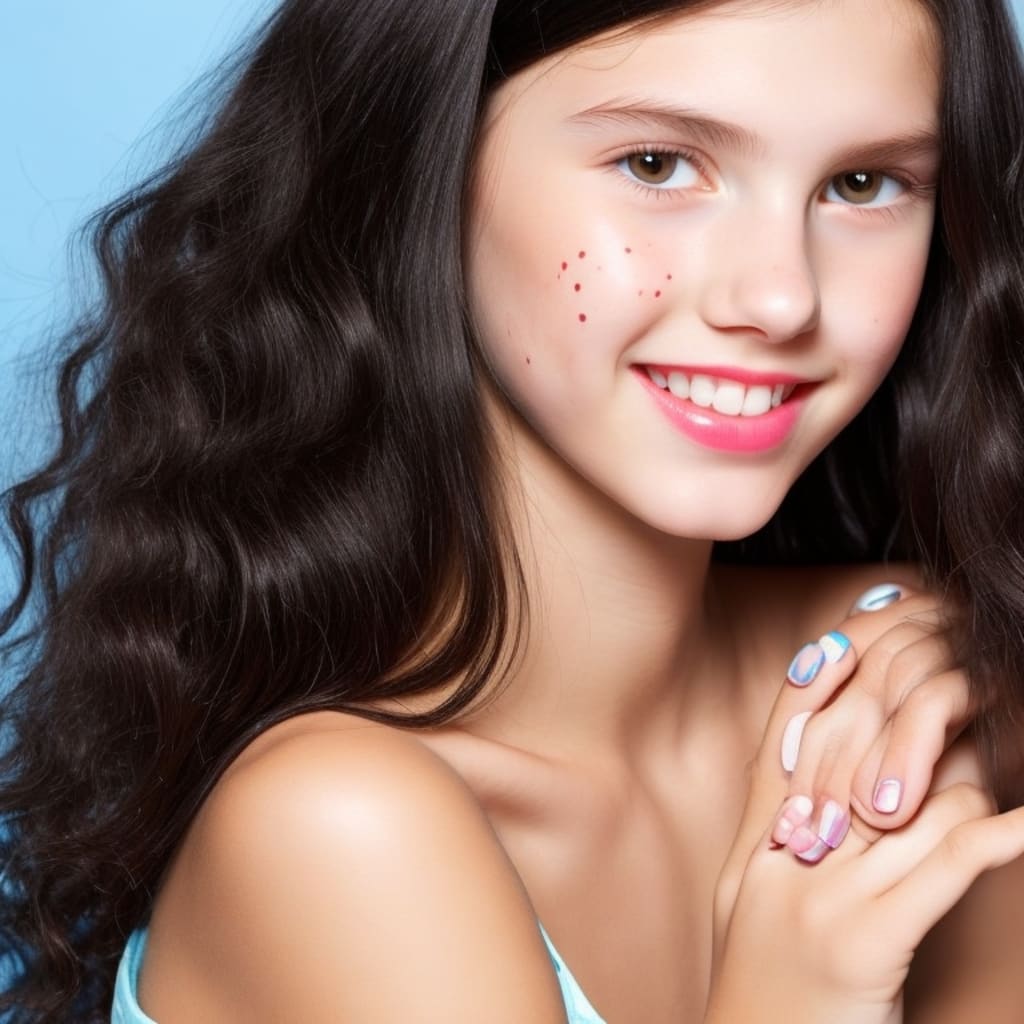Teenage Acne Vulgaris
The Impact of Self-Esteem of Excrescence on Teens

Teenage Acne Vulgaris: The Impact on Self-Esteem
Introduction
Acne vulgaris, commonly referred to as teenage acne, is a chronic inflammatory skin condition that affects millions of adolescents worldwide. It is characterized by the presence of pimples, blackheads, whiteheads, and in severe cases, cysts, and nodules. Apart from the physical discomfort it causes, acne can have a profound impact on an individual's self-esteem. In this article, we will explore the psychological and emotional effects of teenage acne on self-esteem and discuss strategies for managing this impact.
The link between Acne and Self-esteem
During adolescence, young people experience significant physical and emotional changes. Acne often appears at a time when teenagers are already grappling with concerns about physical appearance and self-identity. Research shows that teenagers with acne are more likely to experience low self-esteem, social withdrawal, anxiety, and depression compared to their peers with clear skin.
Negative perceptions and Self-image
Teenagers with acne often have negative perceptions of their appearance, which can lead to a negative self-image. They may feel conscious, and unattractive, and believe that others are judging them solely based on their skin condition. This distorted perception can erode their confidence and overall self-esteem, impacting their ability to form meaningful relationships and engage in social activities.
Psychological distress
The psychological distress associated with teenage acne can manifest in various ways. Adolescents may become excessively preoccupied with their acne, spending significant amounts of time and energy trying to hide or treat their blemishes. This preoccupation can interfere with academic performance, social interactions, and overall well-being. Additionally, teenagers with acne may develop feelings of embarrassment, shame, or even self-blame, leading to heightened levels of stress, anxiety, and in some cases, even depression.
Social Impact
The impact of acne on self-esteem goes beyond internal emotional struggles. Teenagers with acne may experience social challenges that compound their feelings of inadequacy. They may avoid social situations, shy away from participating in group activities, and withdraw from socializing altogether. This isolation can lead to feelings of loneliness and further exacerbate their self-esteem issues. Furthermore, acne can attract unwanted attention, teasing, or bullying from peers, further damaging their sense of self-worth.
Coping Strategies
While teenage acne can have a profound effect on self-esteem, there are strategies to help manage its impact:
Self-care and treatment: Encouraging teenagers to adopt a consistent skincare routine and seek appropriate medical treatment can help improve their acne and boost their confidence.
Education and awareness: Educating teenagers about acne and its causes can help reduce feelings of self-blame and increase understanding. This can help shift the focus from personal shortcomings to a medical condition that can be managed.
Supportive environment: Creating a supportive environment at home, school, or within social circles can make a significant difference. Encour open communication, understanding, and empathy can provide teenagers with the necessary emotional support they need to cope with their acne-related challenges.
Building resilience: Helping teenagers develop resilience and positive coping mechanisms can assist them in navigating the emotional impact of acne. Encourage them to engage in activities that build self-confidence and self-worth, such as pursuing hobbies, participating in sports, or volunteering.
Conclusion
Teenage acne vulgaris can have a significant impact on-esteem, leading to negative perceptions of appearance, psychological distress, and social challenges. It is crucial for parents, educators, and healthcare professionals to recognize and address the emotional toll acne takes on adolescents. By implementing coping strategies and providing support, we can teenagers manage their acne-related self-esteem issues and promote healthier self-image and well-being.






Comments
There are no comments for this story
Be the first to respond and start the conversation.